#Rubin observatory
Explore tagged Tumblr posts
Text




Vera Rubin's First-Ever Images: Virgo Cluster/Trifid&Lagoon
#space#vera rubin observatory#astrophotography#stars#virgo cluster#trifid nebula#lagoon nebula#galaxy#universe#cosmos#astronomy
479 notes
·
View notes
Video
youtube
The Cosmic Treasure Chest - VIDEO - EN
#youtube#rubin observatory#space#universe#galaxy#nsf–doe vera c. rubin observatory#virgo cluster#astronomy
8 notes
·
View notes
Text
See stunning first images from the Vera C. Rubin Observatory
Rubin’s first glimpse of the firmament is predictably bursting with galaxies and stars. But the resolution, breadth, and depth of the images have taken astronomers aback. “I’m very impressed with these images. They’re really incredible,” says Christopher Conselice, an extragalactic astronomer at the University of Manchester in England. One shot, created from 678 individual exposures, showcases…
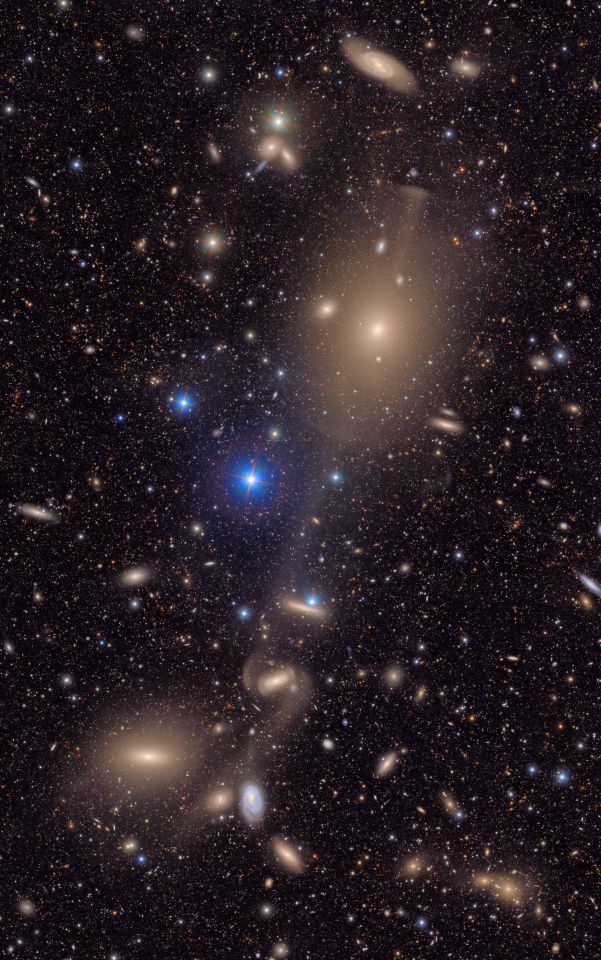
View On WordPress
#Asteroids#astronomy#dark energy#dark matter#first light#galaxies#near-Earth objects#Rubin Observatory#solar system#Telescope#telescopes#Vera C. Rubin Observatory
7 notes
·
View notes
Text
The new Vera Rubin Observatory in Chile will change Astronomy.
Amazing Images
youtube
New Discoveries
youtube
New Technologies
youtube
#innovation#technology#science#space exploration#department of energy#national science foundation#rubin observatory#good news#Youtube
4 notes
·
View notes
Text
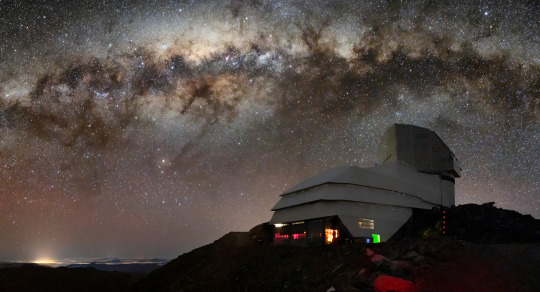
Beautiful Objects
Vera C. Rubin Observatory
An astronomical observatory under construction on top of Cerro Pachón, a mountain in Northern Chile. Rubin Observatory will conduct a 10-year survey of the Southern Hemisphere sky with the goal of answering some of astronomers' biggest questions about the Universe.
Images will be recorded by a 3.2-gigapixel CCD imaging camera, the largest digital camera ever constructed. First light is expected on January 2025.
source: https://rubinobservatory.org/
4 notes
·
View notes
Text
youtube
This is what I’ve been working on for almost 10 years! And what inspired my custom Lego designs! It’s so cool (and also kinda weird) to finally have it at the observatory!
#Vera C. Rubin Observatory#Rubin Observatory#LSST Camera#this has been quite the project#lots of changes coming now#Youtube
4 notes
·
View notes
Text
{ I just love this one }

{ Trifid and Lagoon Nebulae }
{ The video clears my skin, waters my crops and ends the plague }
#space#space photography#vera c rubin observatory#Trifid and Lagoon Nebulae#astronomy#stars#celestial#cosmic
5 notes
·
View notes
Text

First images from the Vera C. Rubin Observatory.
With its 3.2 billion-pixel camera, the Rubin Observatory captures extremely detailed photographs including this small piece of a much larger image of the Virgo Cluster, a group of galaxies some 55 million light-years away.

Another snippet of Rubin’s photograph of the Virgo Cluster includes the spiral galaxies NGC 4411 and NGC 4411b. Above are a trio of interacting galaxies “Every time you zoom in, you find a new interesting detail,” said Clare Higgs, an outreach specialist working for Rubin.
120 notes
·
View notes
Text
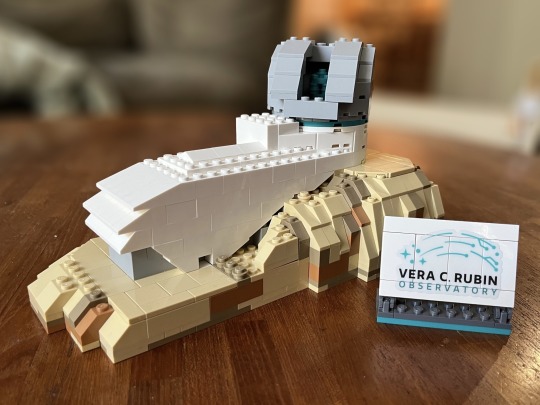
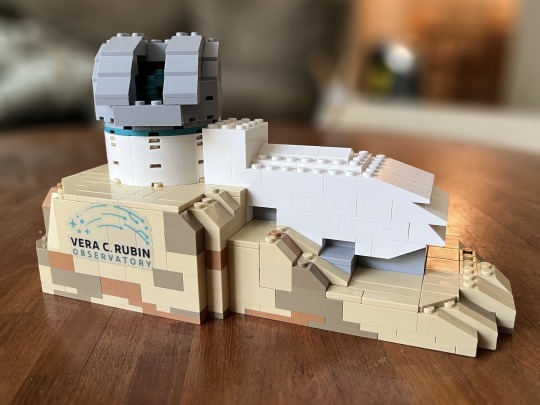
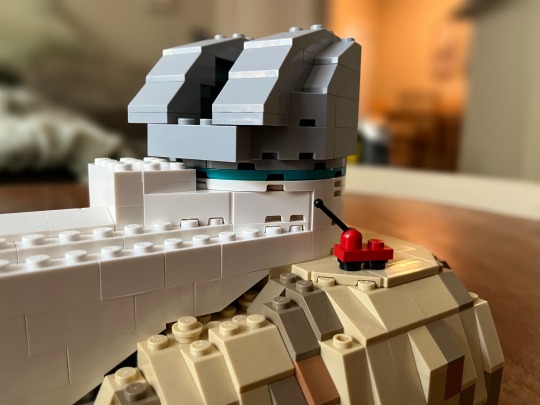
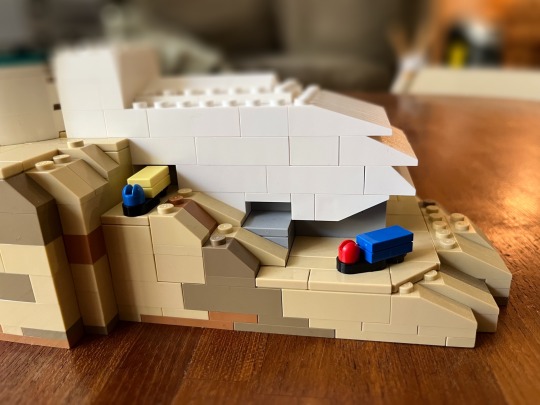
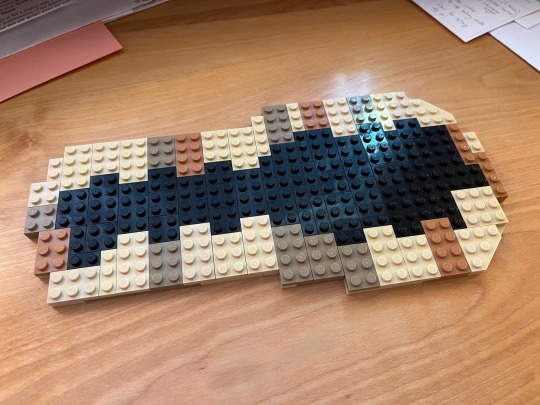
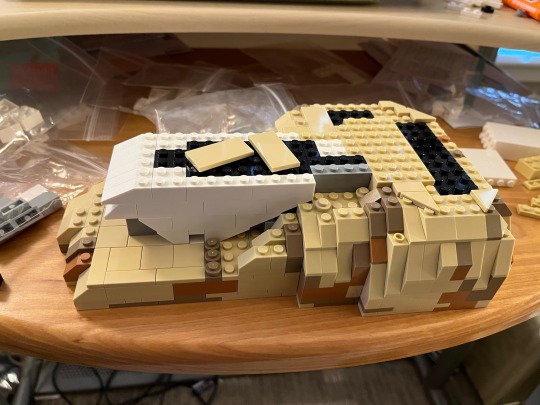
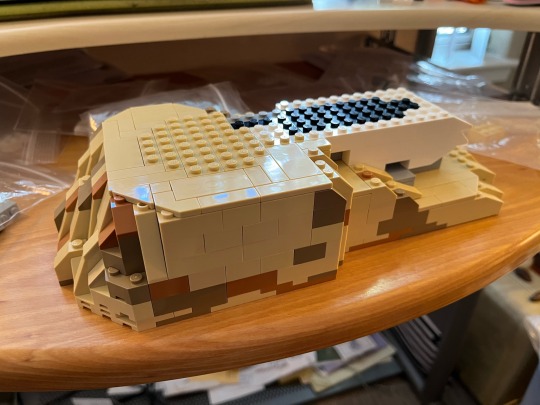
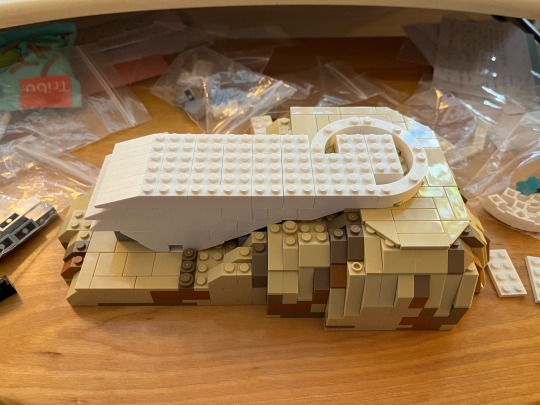
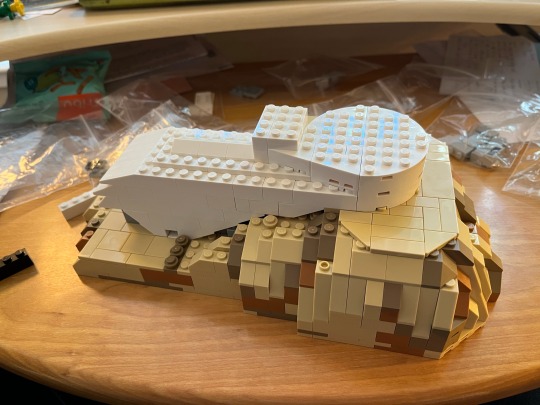
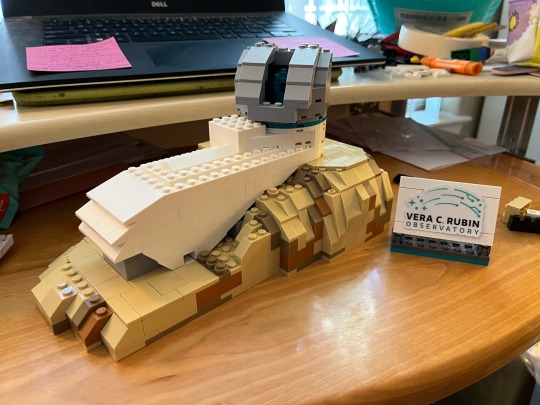
My Lego model of the Vera C. Rubin Observatory is complete! It has a spinning dome (and some fun little accessories) and I am very proud. You can check out @rubin_observatory on Instagram if you want to see photos of the real thing.
I designed this during my last couple trips to the observatory. I planned to take more progress shots but I had absolutely zero chill about assembling it once I had all the pieces. This thing is almost 2 pounds of solid brick and amazingly sturdy.
3 notes
·
View notes
Text
Rubin Observatory Captures Nebulae in Stunning First Images
Introduction: Cosmic Beauty From Chilean Skies High in the Chilean Andes, the newly operational Vera C. Rubin Observatory has released its first public images, capturing vivid views of two distant nebulae—the Lagoon and Trifid. Situated on Cerro Pachón at over 2,600 meters above sea level, the observatory’s powerful instruments offer a stunning glimpse into the next era of sky observation. The…
#astronomy tools#astrophotography#Cerro Pachón#Chilean observatories#dark matter#galaxy mapping#Lagoon Nebula#LSST#nebulae#rubin observatory#southern sky mapping#space images#Trifid Nebula#Vera C. Rubin
0 notes
Text
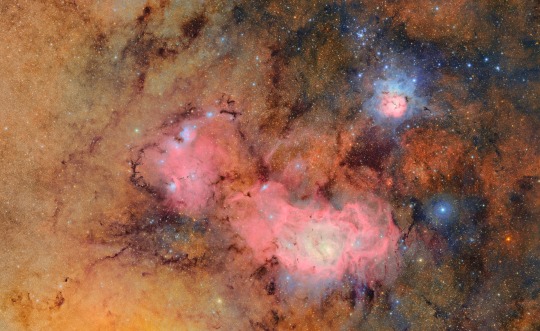

🌌 ¡Comienza una nueva era en la astronomía! El Observatorio Rubin ha revelado sus primeras imágenes, capturando millones de galaxias en horas. Con la cámara digital más grande del mundo, revolucionará nuestro conocimiento del universo. 🔭✨ Descúbrelo aquí 📸 NSF–DOE Vera C. Rubin Observatory / Olivier Bonin/SLAC National Accelerator Laboratory.
0 notes
Text
Space, the final frontier 🪐
Rubin Observatory's capabilities to spot interesting phenomena will also enable it to be a “discovery machine” that can identify interesting areas of focus for other telescopes.
Solving cosmic mysteries!
#Rubin Observatory#science#Space The Final Frontier#cosmic mysteries#photography#art gallery#Addicted Art Gallery#CNN Science
1 note
·
View note
Text
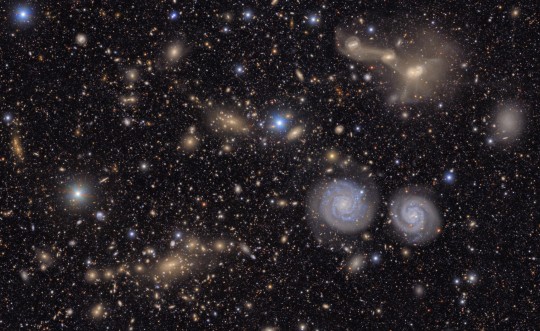
The first images from the new Vera C. Rubin Observatory are amazing!
And the videos showing how much detail is actually in the images are incredible!
0 notes
Text
The Rubin Observatory has released its first images, marking a major milestone in modern astronomy. The observatory, located in the Chilean Andes, began operations with a spectacular glimpse into space. The debut images include star-forming nebulas and distant galaxy clusters, offering a preview of what this decade-long project will uncover.
0 notes
Text
Hunting for Planet 9
Astronomers have tantalizing new clues in the hunt for the elusive (hypothetical) “Planet Nine”! By sifting through old data from the 80s and 2000s, they found a potential object that moves very slowly, far, far beyond Neptune and Pluto. We’re talking a celestial body so massive its gravitational pull is rearranging the orbits of its tiny, icy neighbors, the extreme trans-Neptunian objects…
0 notes
Text
Vera C. Rubin Observatory detects its first asteroid
The detection of asteroids is an essential aspect of planetary defense and understanding the potential risks they pose to Earth. Astronomers use various methods to detect and track asteroids. Astronomers use telescopes on Earth to scan the night sky for moving objects. These telescopes capture images of celestial bodies, and by comparing multiple images taken over time, they can identify…
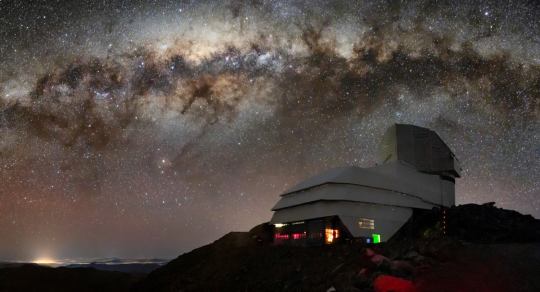
View On WordPress
0 notes